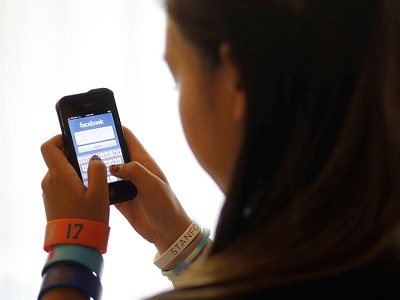With 1.11 billion users per month on average, Facebook has become a global phenomenon offering continual and direct communication with friends and family. Research into how social media websites define us socially and the influence that social media has on our personal welfare suggests that a lack of social participation on Facebook leads to people feeling less meaningful.
New research looked at how Facebook communication impacts on feelings of social belonging which in turn affects outlook on life; loneliness and self-worth. Researchers, led by Dr Stephanie Tobin, conducted two studies centred on passive Facebook participation, aiming to analyze how participants would feel when deliberately ‘snubbed’.
The first study looked at a group who frequently posted on Facebook. During the study half were actively posting participants and the other half passively observing friends’ statuses. The study revealed that not posting for two days had a negative impact on personal well-being.
In the second study, a group used anonymous bespoke accounts in a controlled space where participants were urged to post and to comment on others’ Facebook posts. Half of the group were unwittingly set up to receive no feedback. In both cases, participants were interviewed on their feelings of belonging, meaningful existence, self-esteem and control after the exercise. Both passive and shunned users experienced feelings of exclusion and felt ‘invisible’ and less important as individuals. Shunned users also experienced lower self-esteem and control.
Source: Science daily
N.H.Kh

